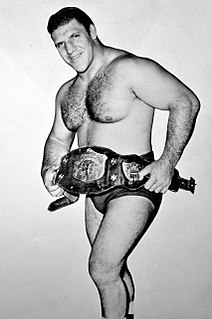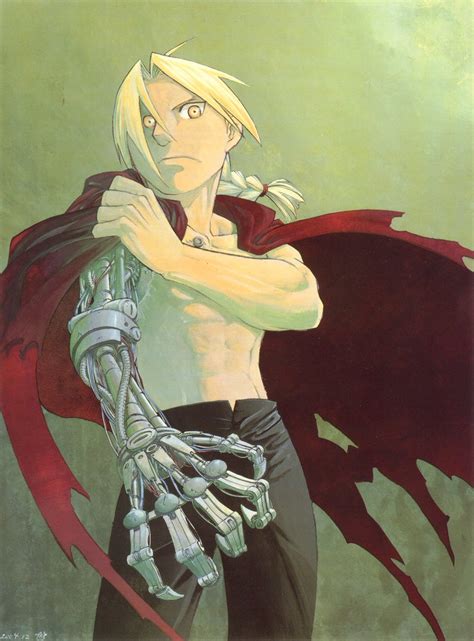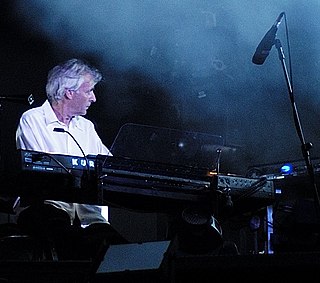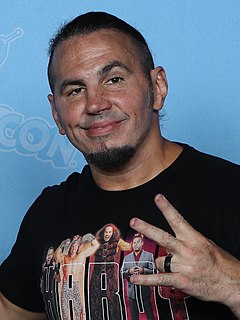A Quote by Bruno Sammartino
A lotta stuff has been written about me that I never said. Stories that were lies. One guy wrote that young as I was during World War II, I actually got a rifle and fought off the Germans. Which is ridiculous, insane. I was just six.
Related Quotes
I'm a Veteran. I was in the Navy, in the submarine corps. I come from a military family. Both of my grandparents were in World War II and retired as officers. One fought in the Pacific and one fought in Europe. The whole family was in the war. I grew up exposed to it and hearing the stories, but the stories I heard weren't kind of the whole "Rah, rah, rah! We saved the world!" They were about the personal price and the emotional price.
I actually thought that the idea of doing a World War II movie in the guise of a spaghetti western would just be an interesting way to tackle it. Just even the way that the spaghetti westerns tackled the history of the Old West, I thought it could be a neat thing to do that with World War II, but just as opposed to using cowboy iconography, using World War II iconography as kind of the jumping-off point.
It was Harry Patch, who was the last living World War I veteran; and by veteran I mean someone who actually fought in the war, he didn't just happen to be in the army at that time, in the Great War. And when the Iraq War started, he was interviewed, and they said, well what do you think of this? And he said, in a very sad voice, "Well, that's why my mates died. We thought we were going to end all that sort of thing."
In researching this volume, I interviewed veterans who had been at the front during World War II. I read countless books, examined film footage, and listened to many detailed and intense stories firsthand, but the one comment that affected me the most came from a former soldier who lowered his gaze to the tabletop and said, ‘I never watch war movies.
I think about my education sometimes. I went to the University of Chicago for awhile after the Second World War. I was a student in the Department of Anthropology. At that time they were teaching that there was absolutely no difference between anybody. They may be teaching that still. Another thing they taught was that no one was ridiculous or bad or disgusting. Shortly before my father died, he said to me, ‘You know – you never wrote a story with a villain in it.’ I told him that was one of the things I learned in college after the war.
World War II made war reputable because it was a just war. I wouldn't have missed it for anything. You know how many other just wars there have been? Not many. And the guys I served with became my brothers. If it weren't for World War II, I'd now be the garden editor of The Indianapolis Star. I wouldn't have moved away.
In every major war we have fought in the 19th and 20th centuries. Americans have been asked to pay higher taxes - and nonessential programs have been cut - to support the military effort. Yet during this Iraq war, taxes have been lowered and domestic spending has climbed. In contrast to World War I, World War II, the Korean War and Vietnam, for most Americans this conflict has entailed no economic sacrifice. The only people really sacrificing for this war are the troops and their families.
Getting on 'SNL' wasn't just about getting cast. I had written all this stuff in my audition, and I wrote several things that got on the air. But to me, I've never been interested in being picked. So when I do get sent things, most of the time I do pass on them because it doesn't feel like it would be fulfilling.

































